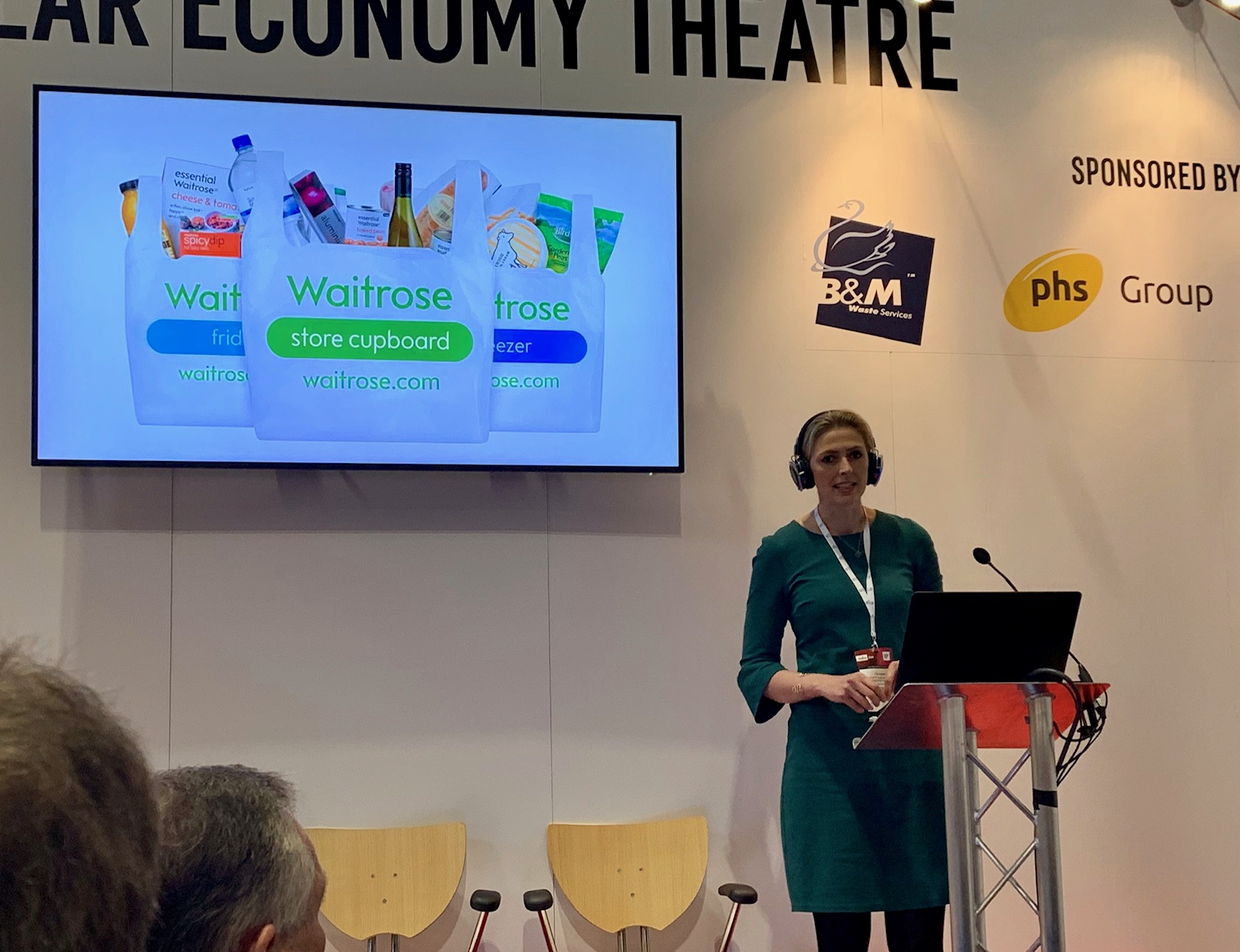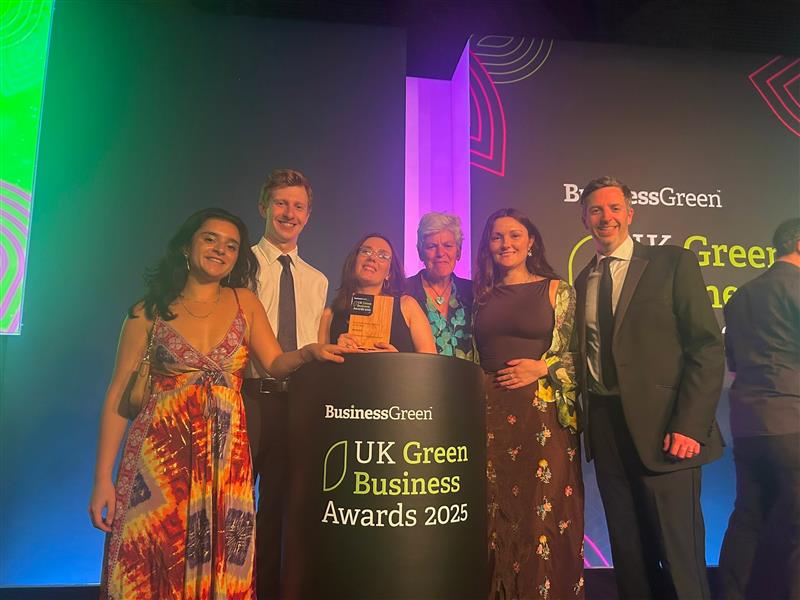Why communication is key in responding to the climate crisis:
7 points of view from edie Live 2019

On 21st-22nd May, Greenhouse took part in edie Live 2019, a conference bringing together thousands of energy and CSR sustainability professionals. Under the theme of “turning ambition into ACTION”, this year’s event aimed to help business take action across all areas of sustainable development.
Lucy Siegle (BBC, The Observer, One Show) was one of the first to suggest that only nuanced communications would ensure that the best is made of the heightened public awareness of the climate crisis, when she said “We are hitting people with hard macro facts. We now need to help them manage those facts and show them how they can play their (albeit micro) part. It’s great that people are so aware now. Rather than slam them with overwhelming pressure, we need to help them see how they can do better.”
Julia Barrett from Dixon Willmott spoke on a similar theme when she argued that we need to find a way to motivate, but not terrify. “We need to balance communicating enough facts to convince people of why this stuff matters, while provoking enough emotion to get them to act.”
Several speakers picked up on the fact that emotion had been provoked by David Attenborough and had sparked a willingness to act on plastics, and that had opened a door for talking to them about other issues.
Tor Harris from Waitrose put it perfectly: “The plastics agenda is the gateway issue to getting action on a broader set of environmental imperatives”.

Indeed, Mike Pierce from the Climate Group highlighted the pioneering companies that were doing just that – using the attention at exec level to take action on things like switching fleets to all-electric vehicles. Both IKEA and DHL have seen significant savings by doing just that. Landec and RBS have become the first companies to sign up to all three Climate Group initiatives: RE: 100, EV: 100, EP: 100. This has had huge benefits internally, Mike argued, but could do even more in terms of inspiring other companies to follow suit, if they’re communicated more externally.
Communicating externally had the added bonus of driving even more internal engagement in Eurostar’s case, observed Rebecca Cranshaw. Employees who had taken part in Eurostar’s bee keeping project, in which they tend to beehives trackside in Kent and use the honey onboard their trains, were spurred on when they saw themselves featured on Saturday Kitchen and on BBC South East, and now ask Rebecca ‘what’s next?’.
The people who will drive what comes next is perfectly clear to Dhruv Boruah of Plastic Hackathon. He sees first-hand that grandparents and kids are the most likely to suggest solutions to our current crisis. Grandparents remember a plastic-free past. Kids can envisage a plastic-free future.

The biggest challenge for communications, therefore, might be something referenced by Prof. Rob Holdway of Giraffe Innovation: how can we persuade parents, along with pioneering grandparents and kids, that ‘the anthropology of consumption needs to change’?
Do you have any thoughts about the role of communications in addressing the climate crisis? Let us know on Twitter at @Greenhouse_PR.


